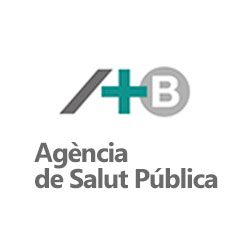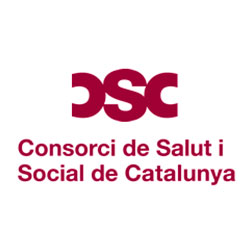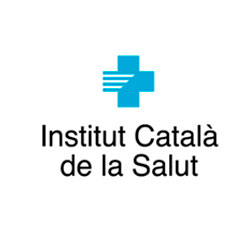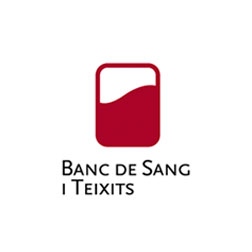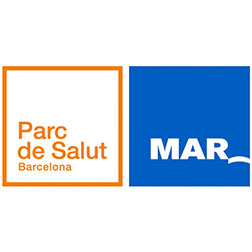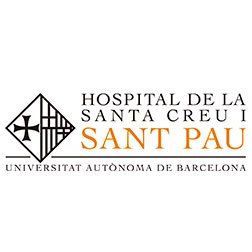18/10/2021 - 14:49
Plan for Childhood. In addition to children, over 150 experts helped draft a plan with over 70 actions which could mean a significant qualitative leap in the lives of children in Barcelona.
In addition to children, over 150 experts helped draft a plan with over 70 actions which could mean a significant qualitative leap in the lives of children in Barcelona. The plan also centres on three areas of action to improve children’s lives: vulnerable youth, the fight against gender inequality, disability or origin, and territorial balance.
Barcelona is home to 246,453 children and teenagers up to the age of 17, representing 14.8% of the city’s population. Over 18% of them have foreign nationalities, and 34.4% of them are at risk of poverty or social exclusion.
The starting point for the ‘Plan for Childhood 2021-2030. Challenges and action to improve the lives and rights of children and teenagers in Barcelona’ is a universal vision for all childhood. Yet the focus is on three cross-cutting areas which pay special attention to the lives of children who are highly conditioned by their family and territorial circumstances, as well as social inequalities, particularly the risk of poverty and social exclusion and inequalities based on gender, origin or disabilities.
A total of 7 rights, 23 challenges and 70 actions
The plan is based around seven childhood rights:
- Right to adequate economic conditions and materials
- Right to education, free time, culture, play and rest
- Right to comprehensive health and healthcare services
- Right to family and their responsibilities, and to social protection in childhood
- Right to protection against discrimination and violence
- Right to participation, to be listened to and to receive adequate information
- Right to children’s greater interest
Twenty-three city challenges have been linked to these ideas, with 70 notable actions to respond to them. This include:
- Screening system to gauge how socially vulnerable children and teenagers are.
- Municipal nursery schools: more, better and more open, and the creation and strengthening of the Municipal Network of Family Child-rearing Spaces.
- Services and resources for the mental health of children and teenagers.
- “Vila Veïna, putting life at the centre”: care communities for early childhood.
- Programme for the prevention of sexual violence in childhood and adolescence.
- Promotion, construction, development and innovation in children’s participatory processes.
- Reflection on the strategy for childhood and adolescence in Nou Barris.
The plan has also been conceived with a flexible framework, allowing for updates and intermediate assessments which ensure it adapts to changes in the social reality.
Plan with a ten-year vision
The plan is being presented before the Commission for Social Rights, Culture and Sport this month. It has been developed from a prior analysis which took into account 150 indicators on childhood and adolescence, such as those set out by the Observatory 0-17 BCN.
The plan also takes on board input from children gathered through different participatory processes such as the programme ‘Children have their say’, the Children’s Agenda, the contributions of children in the PAM-PAD and in the Public Audience with the City’s Youth.
This extensive research led to an initial proposal on challenges relating to childhood, which was discussed with over 150 experts from academic and professional spheres and social organisations.
This is the first time a plan on childhood has been drafted with a ten-year vision and developed in a participatory manner, to ensure the leap from municipal policies to city policies.
Meeting ‘Strategies towards the challenges for childhood in Barcelona, with a view to 2030’
The plan will be presented at a meeting on 12 November, organised by Barcelona City Council, the Menéndez Pelayo Centre Ernest Lluch International University Consortium (CUIMPB) and the Institute for Childhood and Adolescence. Besides the presentation of the plan, the meeting will be used to discuss local policies on childhood in Barcelona, coinciding with the month which marks World Children’s Day (20 November).
- jornada infància 12N





